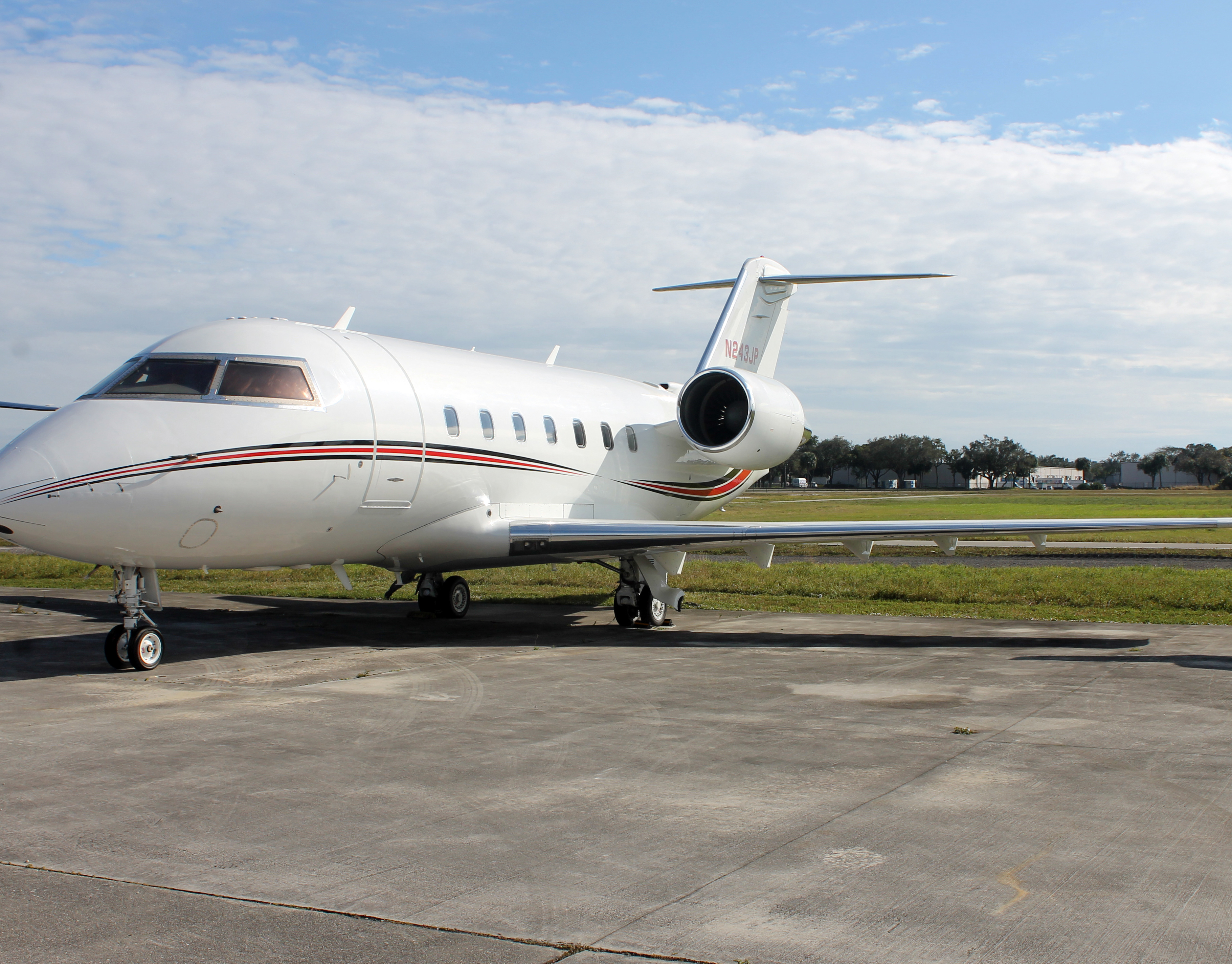
demetriusv2281
About demetriusv2281
The Rise of Private Jet Companies: A Case Research On Luxury Air Journey
Up to now decade, the private jet trade has witnessed significant progress, driven by an increase in wealth, the demand for personalized travel experiences, and developments in aviation technology. This case study explores the evolution of private jet companies, their business fashions, and the components contributing to their success.

Historic Context
The private aviation sector has a wealthy historical past relationship again to the early twentieth century, nevertheless it wasn’t until the 1960s that private jets began to achieve reputation. The introduction of the Learjet 23 in 1964 marked a turning point, because it made private air travel extra accessible to affluent people and corporations. Over time, the trade has expanded, with numerous firms entering the market, offering a range of companies from fractional ownership to on-demand charter flights.

Business Fashions
Private jet companies function below numerous enterprise models, catering to completely different buyer wants. The first models embrace:
- Charter Services: Companies like NetJets and VistaJet supply on-demand charter flights, permitting clients to book a jet for a particular trip without the commitment of possession. This mannequin appeals to those that require flexibility and comfort.
- Fractional Ownership: This mannequin, pioneered by NetJets, permits prospects to purchase a share of a jet, giving them access to a specific variety of flight hours per 12 months. Fractional ownership is engaging to individuals and businesses that fly incessantly however don’t need the full duty of proudly owning an aircraft.
- Jet Cards: Corporations reminiscent of Sentient Jet and Wheels Up offer jet card packages, the place clients pre-buy flight hours at a fixed rate. This mannequin supplies a stability between flexibility and value predictability.
- Full Possession: Some high-net-worth individuals and companies opt for full possession of a private jet, offering full control over their travel schedule. This model is commonly accompanied by high operational prices and obligations.
Market Growth and Traits
The private jet market has experienced a surge in demand, particularly in the wake of the COVID-19 pandemic. As business airlines confronted disruptions and health concerns, many travelers turned to private aviation for safer and extra convenient travel choices. In keeping with business experiences, the global private jet market was valued at roughly $24 billion in 2021 and is projected to grow at a compound annual growth price (CAGR) of 5. If you have any sort of inquiries relating to where and how you can make use of privatejetcardreview.com, you can call us at the internet site. 3% from 2022 to 2030.
Several components have contributed to this development:
- Elevated Wealth: The rise of ultra-high-web-value people (UHNWI) and the expansion of the middle class in emerging markets have led to a bigger customer base for private jet companies.
- Technological Advancements: Improvements in aircraft design, safety, and fuel effectivity have made private jets more interesting. Newer models provide enhanced comfort, longer ranges, and decrease operational prices.
- Customized Experiences: Private jet companies are more and more focusing on offering tailored experiences for his or her shoppers. From gourmet catering to bespoke itineraries, the emphasis on luxurious and personalization has grow to be a key differentiator out there.
Environmental Issues
Because the private jet trade grows, so does scrutiny concerning its environmental impact. Private jets are sometimes criticized for their carbon footprint, which could be significantly larger per passenger compared to commercial airways. In response, a number of corporations are taking steps to mitigate their environmental influence:
- Sustainable Aviation Fuel (SAF): Many private jet companies are exploring the use of SAF, which can cut back greenhouse gasoline emissions by as much as 80% compared to traditional jet gasoline. Companies like NetJets have dedicated to increasing their use of SAF of their operations.
- Carbon Offsetting: Some private jet operators provide carbon offset packages, allowing clients to compensate for their flight emissions by investing in environmental initiatives.
- Fleet Modernization: Newer aircraft fashions are designed with improved gas effectivity and decrease emissions. Corporations are investing in fashionable fleets to align with sustainability objectives.
Aggressive Panorama
The private jet business is very competitive, with numerous gamers vying for market share. Main companies embrace NetJets, VistaJet, Flexjet, and Wheels Up, every providing unique services and pricing constructions. New entrants, resembling air taxi providers and progressive begin-ups, are also rising, leveraging technology to disrupt conventional fashions.
The aggressive panorama is additional influenced by:
- Pricing Strategies: Companies should stability competitive pricing with the luxury expertise anticipated by purchasers. Dynamic pricing models and transparent charge buildings have gotten more and more important.
- Customer Loyalty Applications: Many private jet companies are implementing loyalty packages to retain shoppers and encourage repeat enterprise. These packages usually offer unique advantages, corresponding to discounted rates and entry to particular events.
- Technological Integration: Using expertise in booking and managing flights is becoming important. Firms are investing in consumer-friendly apps and platforms to reinforce the shopper expertise and streamline operations.
Future Outlook
The future of the private jet business seems promising, with continued progress anticipated in the coming years. As more individuals and companies recognize the value of private air travel, the demand for versatile, handy, and luxurious choices will doubtless improve.
Nevertheless, the business must navigate challenges, including regulatory pressures, environmental considerations, and financial fluctuations. Adapting to changing client preferences and embracing sustainability will likely be essential for lengthy-time period success.
In conclusion, private jet companies have efficiently carved out a niche in the aviation market by providing tailored experiences, flexibility, and luxury. Because the industry evolves, those that prioritize innovation, sustainability, and buyer satisfaction can be nicely-positioned to thrive on this aggressive panorama. The rise of private aviation not only displays the altering dynamics of travel but in addition serves as a testomony to the enduring appeal of personalised, high-finish experiences in an more and more globalized world.
